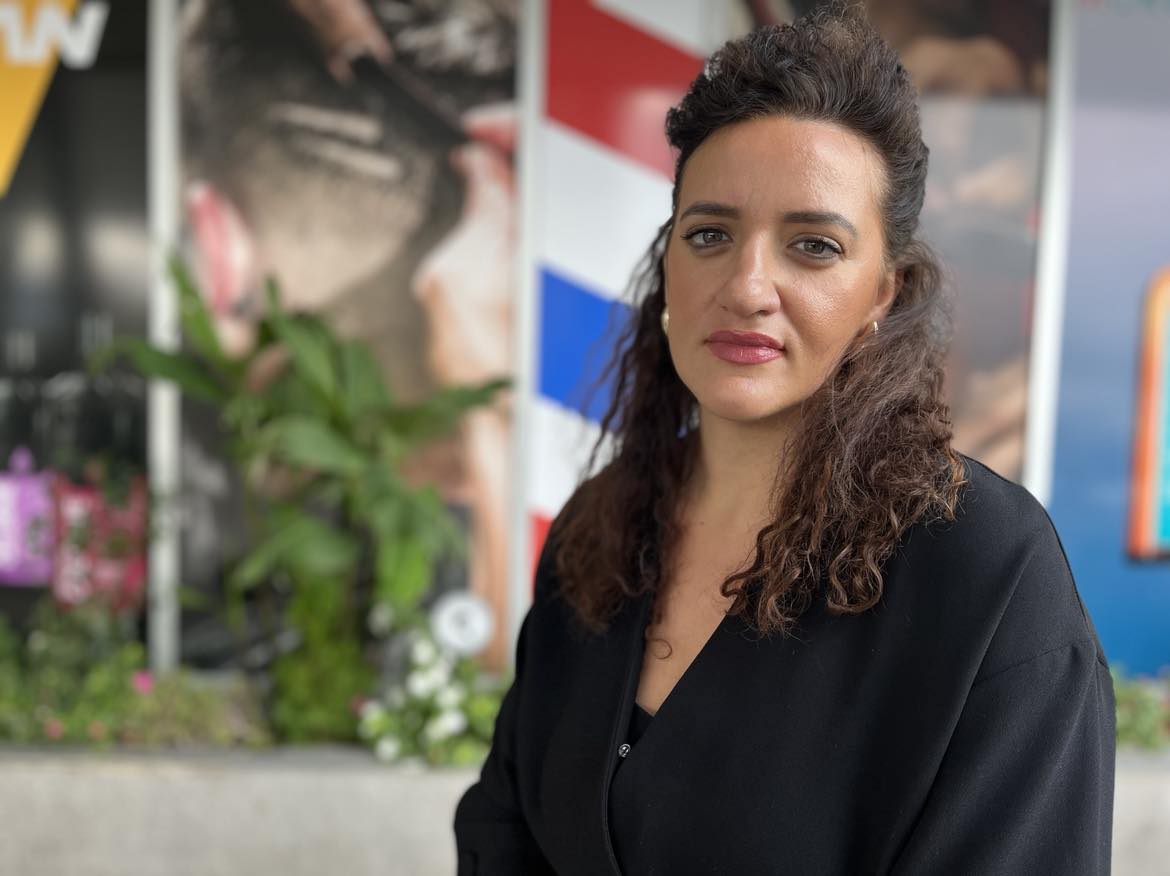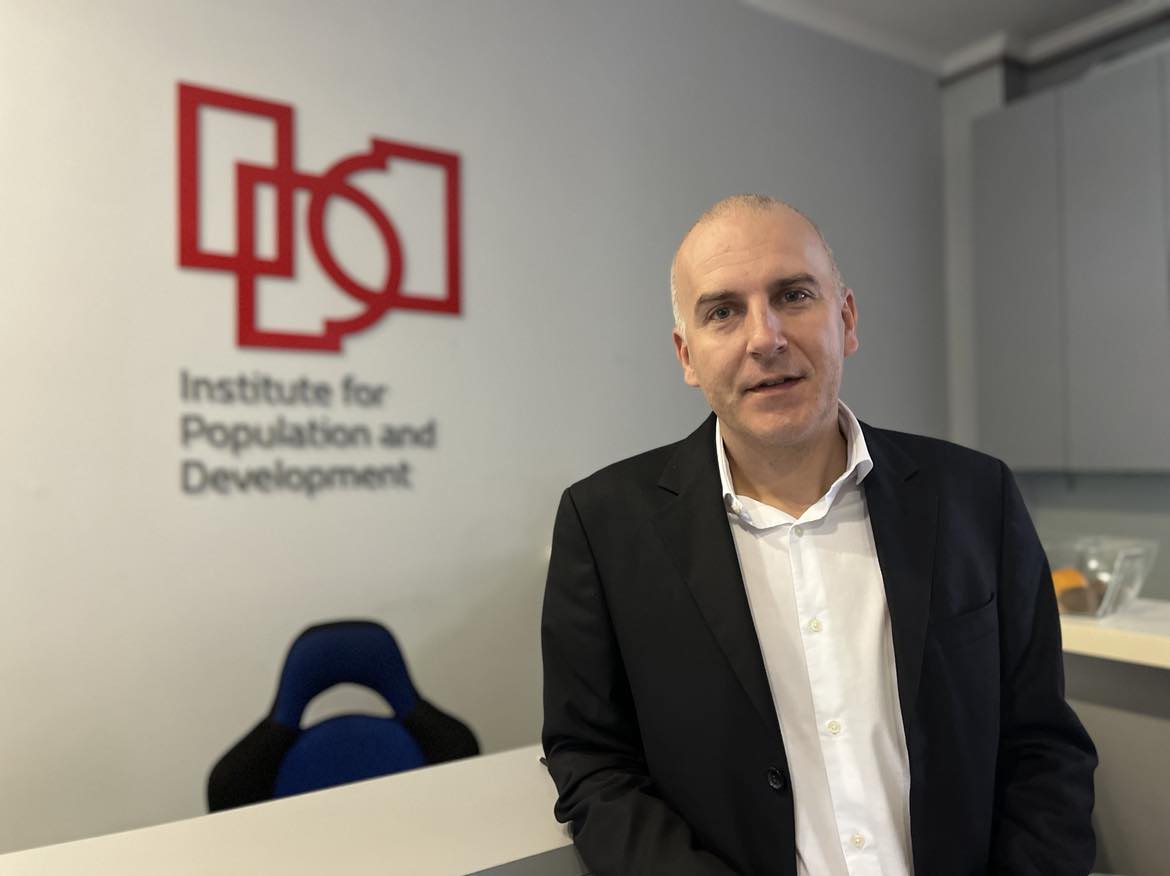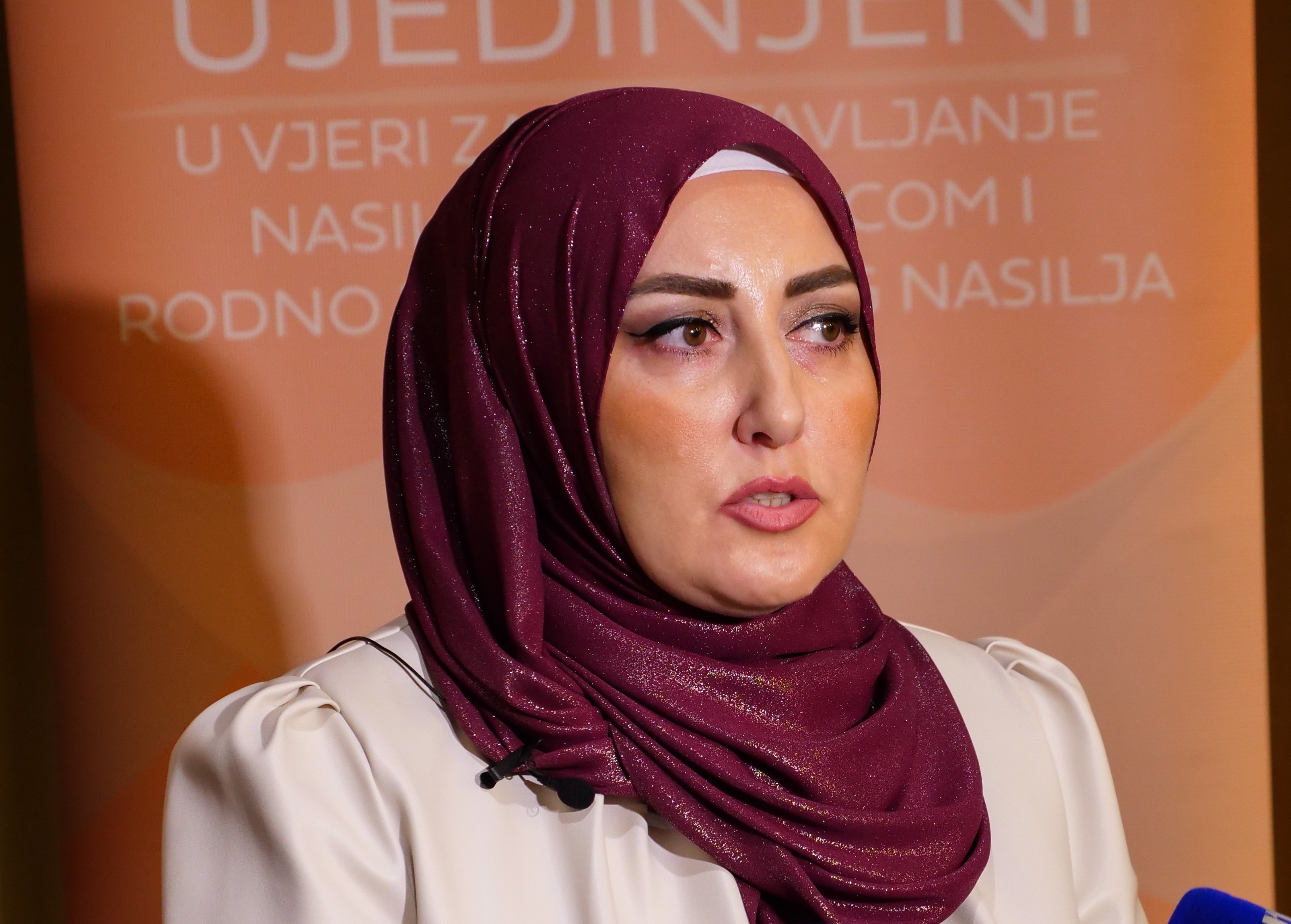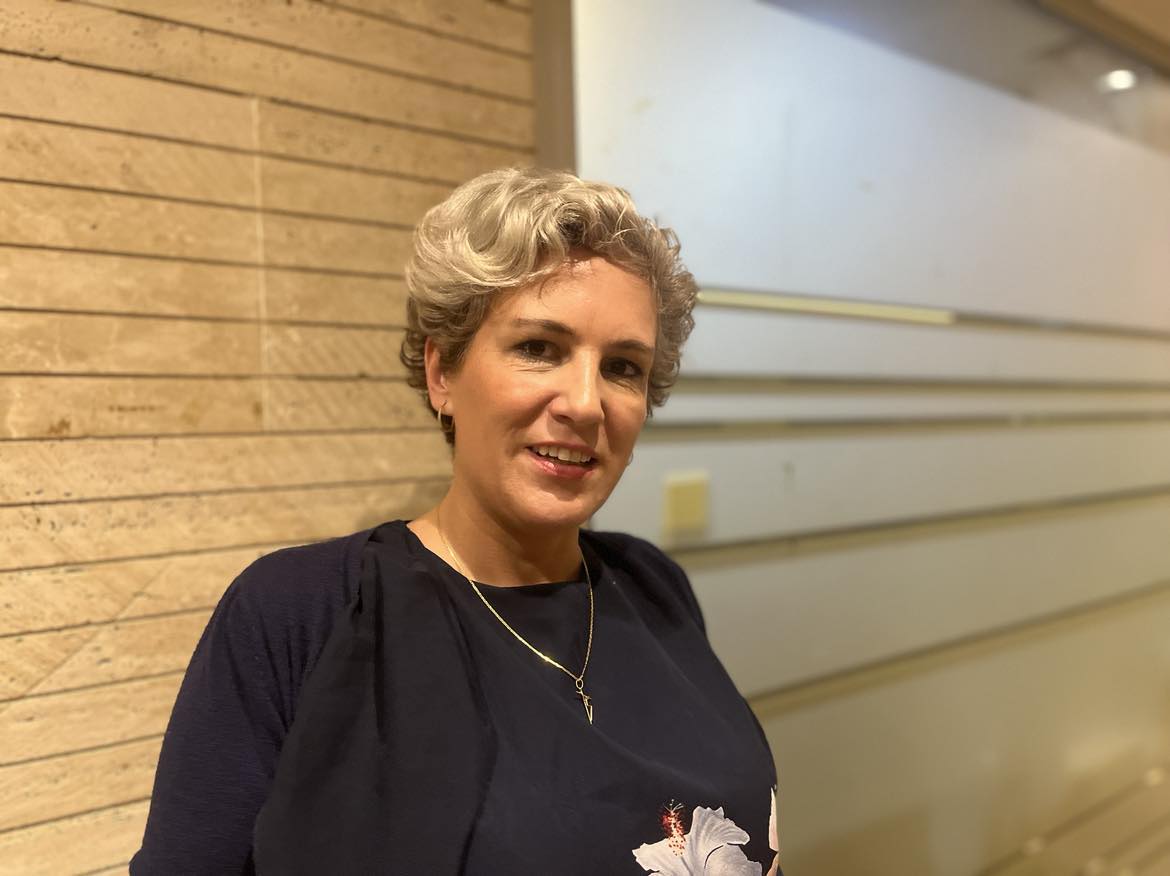How can religious communities in Bosnia and Herzegovina help in the fight against violence against women?
Date:
Religious communities play a crucial role in the lives of many citizens in Bosnia and Herzegovina, holding significant potential to contribute to the fight against all forms of violence.
Imams, priests, religious teachers, as well as representatives of various organizations collaborating with religious communities, through their daily duties and interactions with believers, can spread the message that violence is never an option.
Since 2016, more than 200 religious officials and representatives of religious communities in Bosnia and Herzegovina have participated in the numerous activities conducted by the Institute for Population and Development from Sarajevo (IPD) and the Center for Peacebuilding from Sanski Most (CIM).These activities aim to make religious communities part of a systematic response to gender-based violence. The initiatives, which include educating religious officials about institutions providing support to survivors and empowering them to recognize violence in their communities, are part of the project "Community Involvement in Reducing Gender Stereotypes and Eliminating Violence against Women," implemented in collaboration with UN Women BiH and with the support of Sweden.
In the previous phases of the project, religious officials developed frameworks for the prevention and response to violence for the Orthodox and Catholic churches and the Islamic community. In the new phase, work is underway to develop frameworks for the Jewish community and the Protestant church. Additionally, religious officials have started implementing activities proposed in these documents. For example, during last year's campaign "16 Days of Activism against Gender-Based Violence," religious officials from local communities sent messages to their fellow citizens emphasizing the importance of condemning violence against women. Feđa Mehmedović, program manager at IPD, explains that in this way, religious officials confronted myths and sparked significant discussions.
"Many people supported that campaign; however, there were also those who were against it, with very negative comments. This brings us to another positive change, which is the discussion on social media, where people who supported the involvement of religious communities responded to negative comments. In this way, the public actually became involved in the transformation of societal attitudes," explains Mehmedović.

Religious officials involved in this initiative have been empowered in various areas such as advocacy and public relations, and established collaboration with key institutions addressing gender-based violence prevention. As a successful example, Mehmedović highlights the fact that the Center for Peacebuilding has become part of a multi-sectoral team addressing this issue in the Municipality of Sanski Most. Nevertheless, he identifies the greatest success being the interest of religious officials in dedicating more attention to the topic of gender-based violence and engaging in discussions about it.

"Their mobilization is the greatest result. Aside from achieving project goals and indicators, the most important result is that you see even if we were to stop all activities, they continue on. They are very dedicated, know why they are doing it, and speak about violence with particular empathy," says Mehmedović.
The idea was supported by the Interreligious Council of Bosnia and Herzegovina
Representatives of the Interreligious Council of Bosnia and Herzegovina (IRC BiH) have also contributed to empowering religious officials by participating in campaigns, educational activities, and analyzing created frameworks for prevention. In this organization, they believe that the support of religious officials can be crucial in creating an environment that condemns violence, encouraging survivors to escape such situations.
"Religious officials can use religious texts and values to empower the community in rejecting violence and promoting healthy relationships. They also have the opportunity to support victims, encouraging them to seek help and emphasizing the importance of safety in the family environment," believes Ajša Kasumović Mahmutović, expert advisor on behalf of the Islamic Community in Bosnia and Herzegovina, in IRC BiH. Slađana-Sarit Ninković Lekanić, expert advisor on behalf of the Jewish Community, agrees with her, stating that the role of religious officials and organizations working with churches and religious communities is crucial because citizens see them as trusted individuals.
"If religious officials, through conversation, emphasize how wrong it is to commit violence against women and children, citizens would understand how each faith condemns it," explains Ninković Lekanić.

The Interreligious Council of Bosnia and Herzegovina members stress that they joined the project due to their longstanding collaboration with the Center for Peacebuilding, but also because they don’t only care about working with religious officials but also about addressing all social issues, including violence against women, which every religion condemns.
"We are connected to take care of each other and to make people aware that care, connection, and love, which every faith promotes, are very important, especially zero tolerance to any form of violence," says Helena Martinović, expert advisor on behalf of the Catholic Church.

The role of religious officials and representatives of organizations working with religious communities in preventing violence against women has not been sufficiently recognized so far, partly due to distrust and lack of knowledge. Mehmedović explains that even at IPD, they initially had certain fears about such cooperation.
"However, when we established the first cooperation and began to listen to them through various activities, we saw that there are religious principles that are in complete harmony with prevention. Protecting women and children is the duty of believers, not only individually but also collectively," says Mehmedović.
He emphasizes that collective care is also very important in religious teachings, and that a sense of social responsibility is crucial in combating violence. All those who are willing to condemn survivors should ask themselves why someone didn’t report the violence.
"Because survivors choose not to report not for themselves but because of the environment and fear, worrying about how the surroundings will react and whether they will react. From the perspective of the survivor and society, these are devastating circumstances because the moment a person who has survived violence doubts whether society will protect them, as a society, you are actually defeated," concludes Mehmedović.